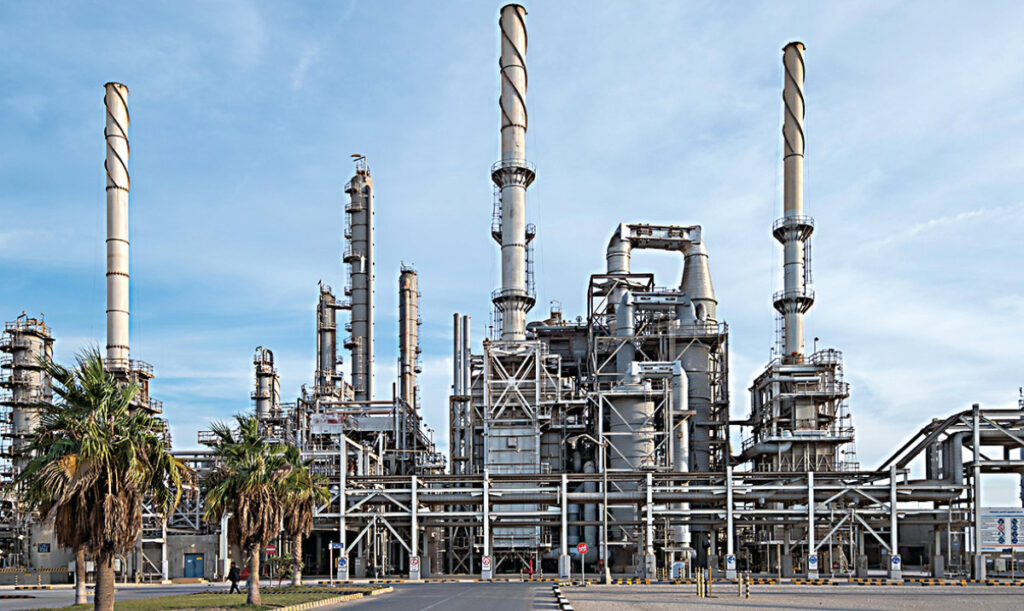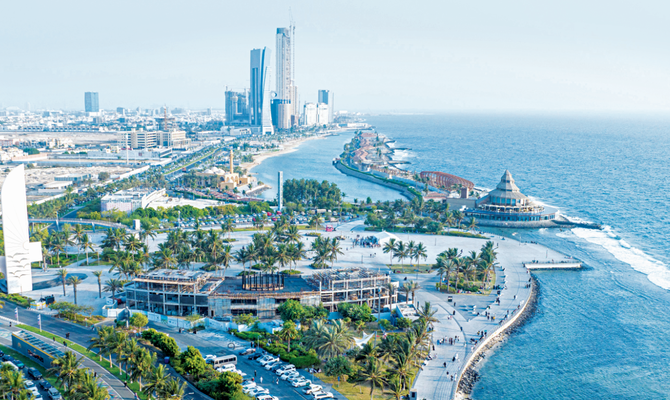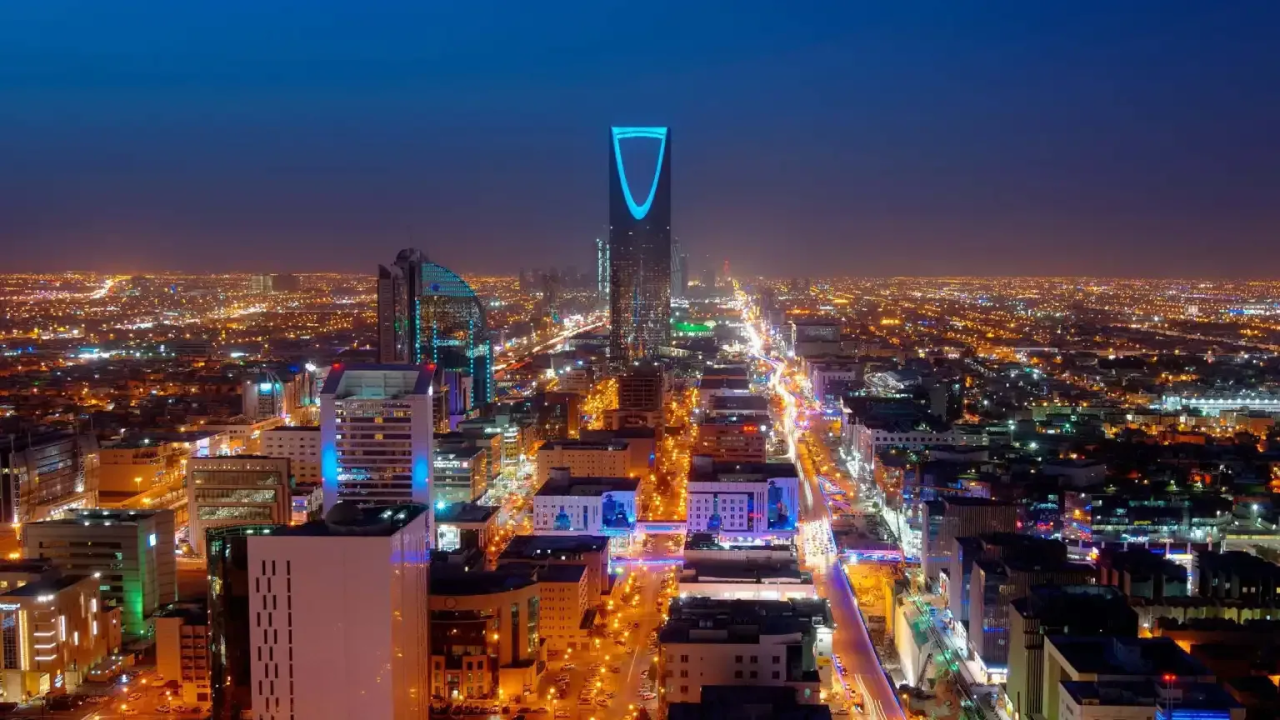Saudi Arabia is fast emerging as one of the most dynamic hubs for industrial transformation in the 21st century. What was once a land primarily defined by oil production is now redefining its identity through innovation, technology, and sustainable industrial growth. The Kingdom’s leap into next generation industrial technology represents not only an economic diversification strategy but also a cultural shift one that embraces modernization while preserving its deep-rooted heritage.
The pace of this transformation is astonishing. From smart manufacturing and artificial intelligence (AI) integration to robotics, digital twins, and the Internet of Things (IoT), Saudi Arabia is investing billions into reshaping how industries function. These efforts form the backbone of Vision 2030, the Kingdom’s national strategy to reduce dependence on oil and build a knowledge-based economy driven by technology, youth empowerment, and global collaboration.
A Nation Powered by Vision and Innovation
At the core of Saudi Arabia’s transformation lies Vision 2030, a bold national blueprint designed to unleash the country’s full potential. This vision isn’t merely about infrastructure or financial reform; it’s about redefining what Saudi Arabia stands for in the modern world.
Under this vision, innovation is not an afterthought, it’s a priority. The Saudi government has created a strong ecosystem that connects startups, global tech giants, universities, and investors. This collaboration is powering the industrial revolution of the future, where machines think, factories communicate, and supply chains self-correct.
The Ministry of Industry and Mineral Resources, alongside the Saudi Industrial Development Fund (SIDF), has introduced programs to finance and support tech-driven manufacturing projects. Meanwhile, giga projects like NEOM and the Red Sea Global are pioneering the use of AI, digital twins, and automation at a scale never before seen in the Middle East.
Smart Manufacturing The New Industrial Backbone
Smart manufacturing is transforming Saudi Arabia’s industrial landscape. Traditional factories are rapidly being upgraded with cutting-edge automation and digital connectivity. This shift enables predictive maintenance, real-time data monitoring, and improved efficiency all powered by IoT and machine learning technologies.
Industrial cities like Jubail and Yanbu are leading examples of this evolution. Once known solely for petrochemicals, they are now becoming centers of smart manufacturing and sustainable energy. Factories are using robotics to improve safety and precision, while cloud platforms analyze massive datasets to optimize energy use and reduce waste.
Saudi Arabia is also developing advanced logistics systems supported by automation and AI. This technological integration helps companies improve production cycles, reduce costs, and strengthen global competitiveness. As industries move toward digital maturity, the Kingdom is setting new benchmarks for quality, reliability, and innovation in the manufacturing sector.

AI and Robotics Driving the Future of Industry
Artificial Intelligence and robotics are no longer distant dreams in Saudi Arabia; they are at the heart of its industrial reinvention. Across sectors, from energy and mining to healthcare and logistics, AI algorithms are being used to predict outcomes, streamline operations, and enhance safety.
In the energy sector, for example, AI-powered systems monitor production levels, detect faults, and even predict maintenance needs before issues arise. This proactive approach saves millions in downtime and operational costs. In factories, robots work side by side with humans, performing complex tasks that require precision and endurance.
Saudi universities and research centers are also joining the effort. They are producing a new generation of data scientists, engineers, and AI specialists who will lead the industrial workforce of tomorrow. By aligning education with industry needs, the Kingdom is ensuring a steady pipeline of talent ready to drive the AI revolution forward.
Digital Twins A Game Changer for Industrial Efficiency
Among the most revolutionary technologies being adopted is the use of digital twins virtual replicas of physical assets, systems, or entire industrial operations. These digital models allow engineers to simulate, predict, and optimize processes before implementing them in real-world environments.
In Saudi Arabia, digital twins are being applied in sectors such as oil and gas, construction, and smart cities. For example, NEOM’s “The Line” project is being developed with digital twin technology to ensure every stage of construction and urban design is optimized for sustainability and efficiency.
This technology enables companies to detect potential failures early, enhance maintenance strategies, and reduce resource consumption. It also helps decision-makers visualize the entire lifecycle of an asset, leading to better planning and cost savings.
By adopting digital twins at scale, Saudi Arabia is positioning itself as a global leader in data-driven industrial management, an essential foundation for achieving Vision 2030’s goal of technological excellence.
Sustainable Industrial Development Green Tech at the Core
Saudi Arabia’s industrial transformation isn’t just about digital advancement, it’s also deeply rooted in sustainability. The Kingdom understands that the future of industry depends on balancing economic growth with environmental responsibility.
Through initiatives like the Saudi Green Initiative (SGI) and Circular Carbon Economy (CCE), industries are adopting cleaner, renewable, and more efficient technologies. Solar and wind power are being integrated into industrial operations, reducing the nation’s carbon footprint while improving energy resilience.
Hydrogen production, in particular, has emerged as a strategic focus. Saudi Arabia aims to become one of the world’s largest exporters of green hydrogen a clean fuel that can power industries and transportation systems globally. Industrial zones are being equipped with renewable energy sources and recycling systems to minimize waste and emissions.
This commitment to sustainability not only strengthens Saudi Arabia’s reputation as a responsible global player but also attracts environmentally conscious investors and companies seeking to partner in green innovation.
NEOM The Living Laboratory of Future Industry
NEOM stands as the most ambitious example of Saudi Arabia’s industrial and technological vision. Designed as a futuristic region where sustainability meets smart living, NEOM is also becoming a testing ground for next-gen industrial applications.
Within NEOM, autonomous factories, AI-driven logistics systems, and robotic warehouses are being developed. These innovations will serve as a blueprint for how industries around the world could operate in the decades ahead. The region will also host advanced research centers focusing on energy, biotechnology, digital manufacturing, and robotics.
What sets NEOM apart is its integration of nature and technology. Renewable energy will power industrial systems, and all infrastructure will be connected through a unified digital layer. This holistic approach represents the ideal balance between technological progress and ecological harmony.

Empowering Human Capital for a Tech Driven Economy
Technology alone cannot drive industrial transformation it requires skilled people. Saudi Arabia recognizes that its most valuable resource is its human capital. That’s why education and training form a vital pillar of the nation’s industrial strategy.
New programs and universities are being established to nurture talent in AI, robotics, data science, and engineering. The Saudi Data and Artificial Intelligence Authority (SDAIA) is spearheading initiatives to educate the workforce in emerging technologies. Meanwhile, partnerships with global institutions ensure that Saudi youth are equipped with world-class skills.
This focus on human development is paying off. A new generation of Saudi innovators, engineers, and entrepreneurs is emerging driven by curiosity, ambition, and a shared commitment to transforming the Kingdom’s industrial future.
Attracting Global Partnerships and Investments
Saudi Arabia’s openness to global collaboration is another major reason for its success in advancing next-gen industrial technology. The Kingdom has established strong partnerships with leading technology firms from the U.S., Europe, and Asia, bringing world-class expertise and investment into local industries.
The creation of special economic zones and industrial clusters offers international companies incentives to establish operations within the Kingdom. These zones provide advanced infrastructure, digital connectivity, and simplified regulations, making them ideal hubs for innovation and manufacturing.
Global investors see Saudi Arabia not only as a market but also as a platform to reach the wider Middle East and African regions. This growing influx of investment and technology transfer is accelerating the pace of industrial modernization.
A Digital Infrastructure Built for the Future
A key enabler of Saudi Arabia’s industrial leap is its robust digital infrastructure. The Kingdom boasts some of the fastest-growing 5G networks in the world, providing seamless connectivity for IoT devices and automated systems. Cloud computing, blockchain technology, and cybersecurity frameworks are being deployed across industries to ensure safe and efficient data management.
The National Industrial Development and Logistics Program (NIDLP) is spearheading digital transformation across four major sectors industry, mining, energy, and logistics. Through smart technologies, NIDLP aims to make Saudi industries more competitive, resilient, and environmentally sustainable.
This digital backbone supports every aspect of industrial activity, from production and supply chains to customer engagement and sustainability tracking. As more factories and logistics hubs go digital, Saudi Arabia’s industrial ecosystem becomes more interconnected and intelligent.
From Oil Powerhouse to Innovation Leader
Saudi Arabia’s transition from an oil-dependent economy to a technology-driven powerhouse is one of the most remarkable transformations in modern history. It’s a shift that represents courage, foresight, and adaptability.
The Kingdom is proving that industrial progress doesn’t have to come at the expense of the environment or tradition. Instead, it can be built on innovation, sustainability, and human potential. By investing in next-gen technologies and empowering its people, Saudi Arabia is redefining what it means to be an industrial leader in the modern age.
The Road Ahead A Future Built on Technology and Vision
As Saudi Arabia continues its leap into next generation industrial technology, the world is watching closely. The Kingdom’s achievements are already inspiring other nations to rethink their industrial strategies and embrace technological change.
The next decade will be crucial. With massive investments in AI, robotics, and sustainable energy, Saudi Arabia is poised to become a global benchmark for industrial excellence. But beyond the statistics and infrastructure lies a deeper story a story of ambition, innovation, and belief in a better future.
The Kingdom’s journey into the next-gen industrial era isn’t just about machines and data; it’s about people shaping a new destiny for their nation. And as Saudi Arabia continues to innovate, inspire, and lead, its vision for a high-tech, sustainable future is becoming a powerful reality.
Do follow Gulf Magazine on Instagram.
Also Read – UAE, Saudi Arabia and Qatar Embrace Next-Gen Travel Tech to Supercharge Tourism



